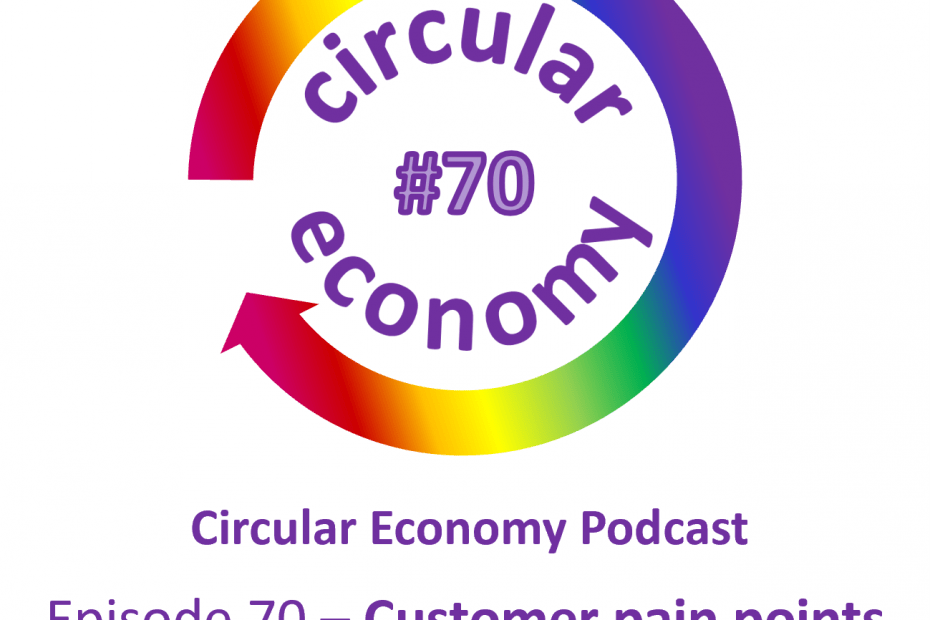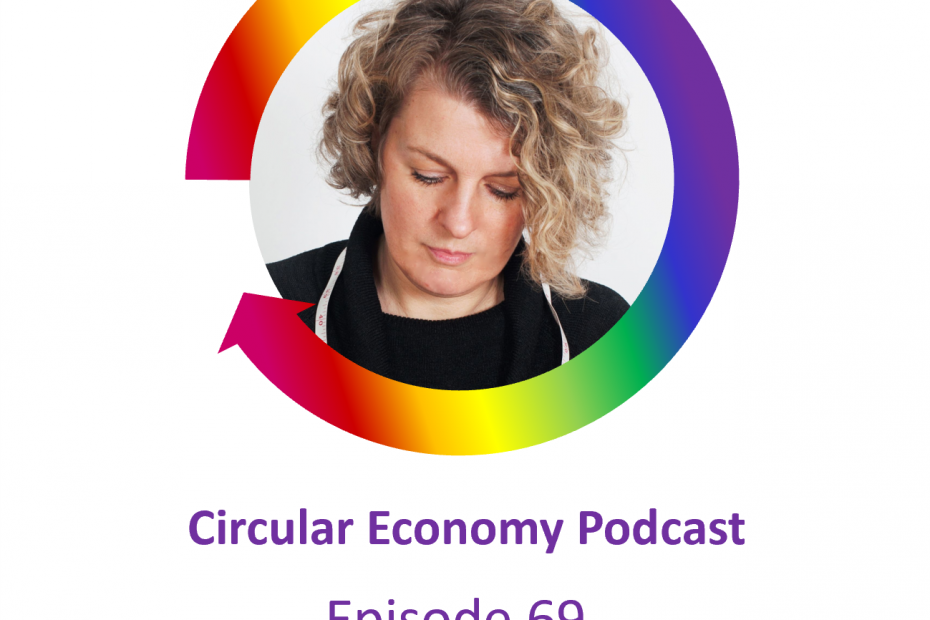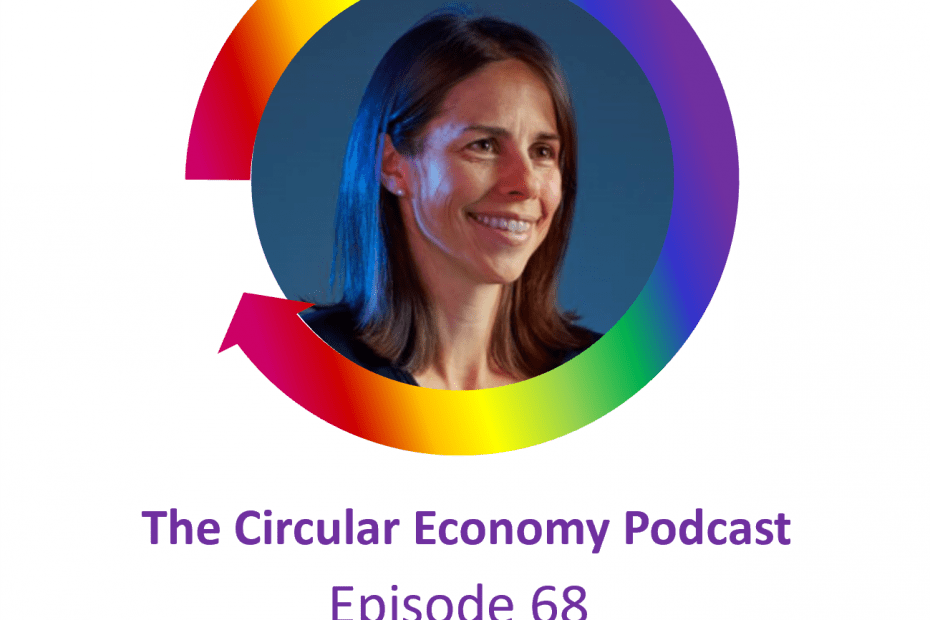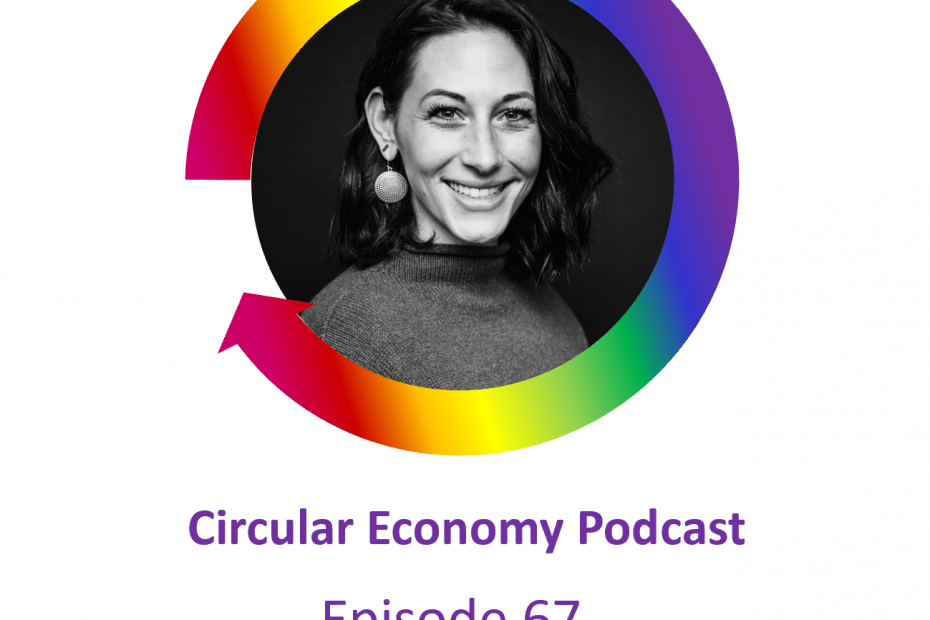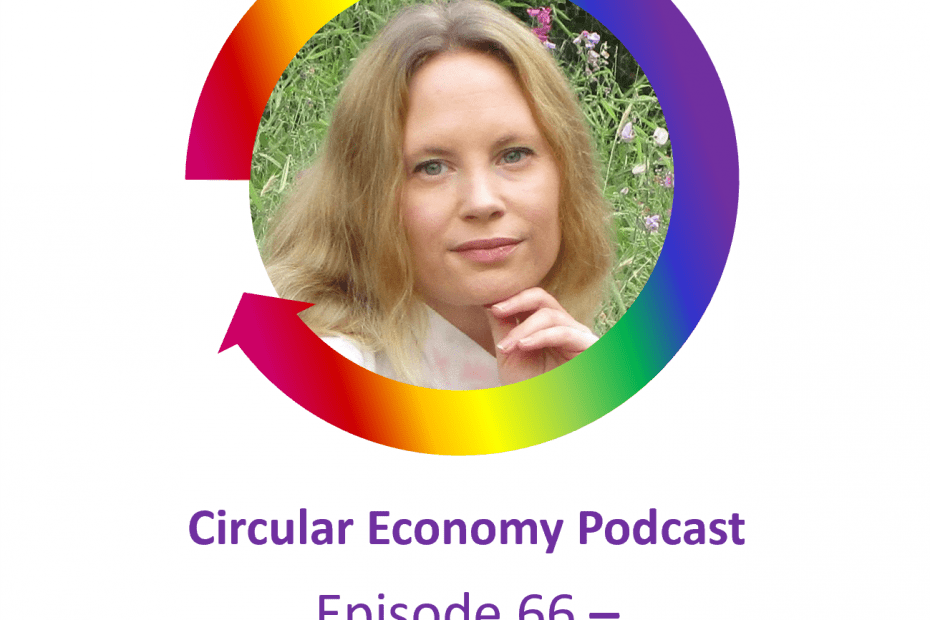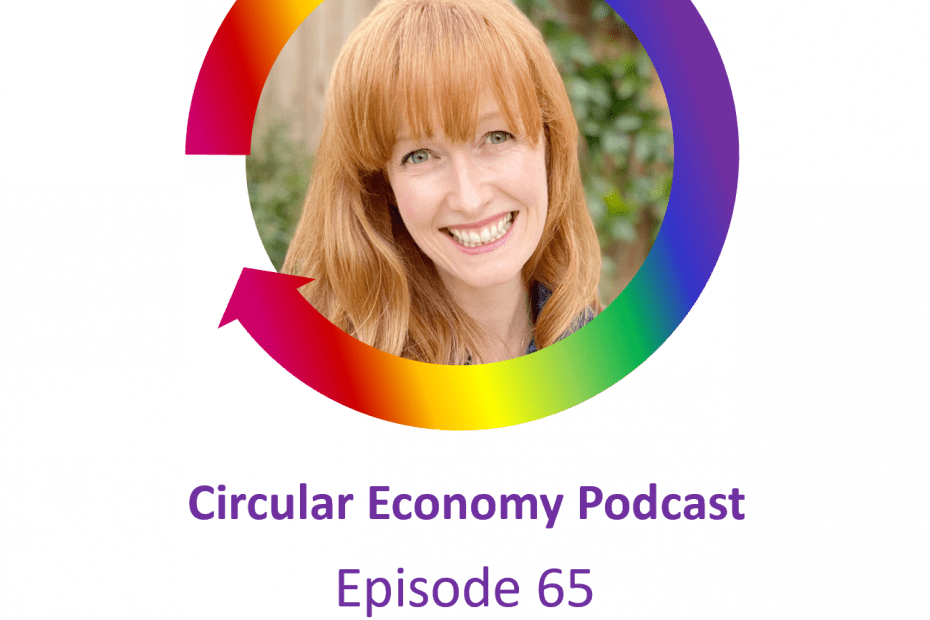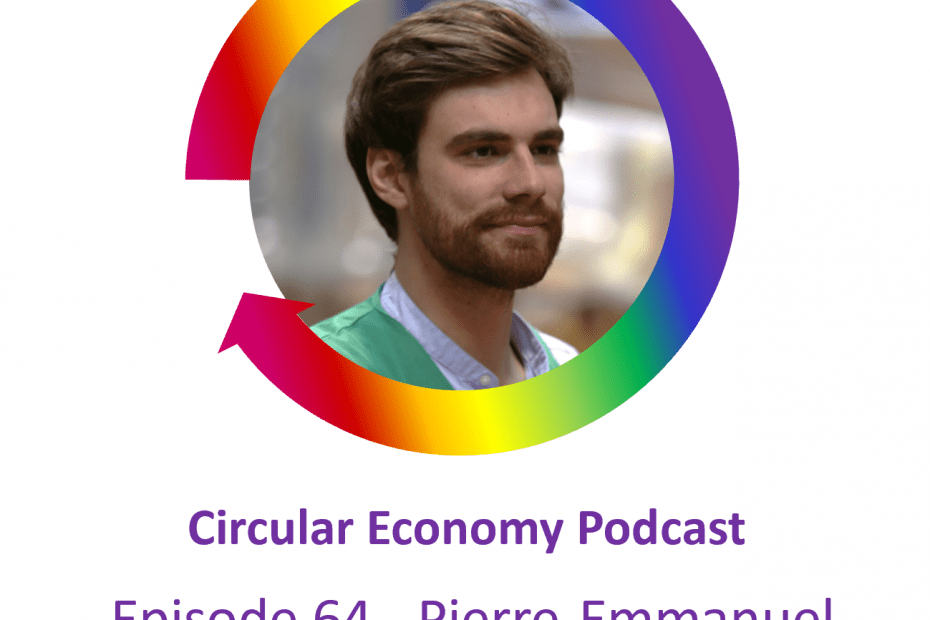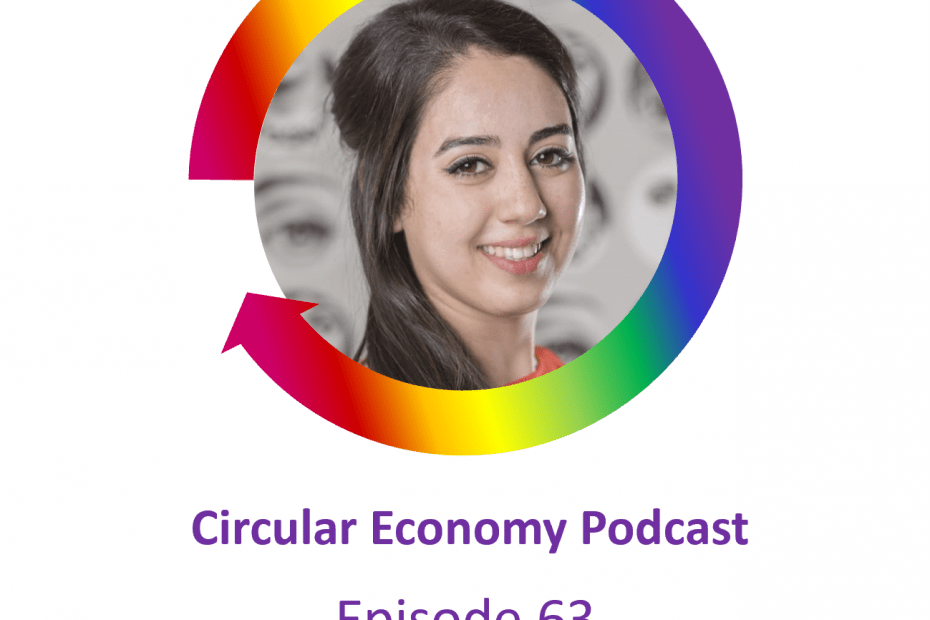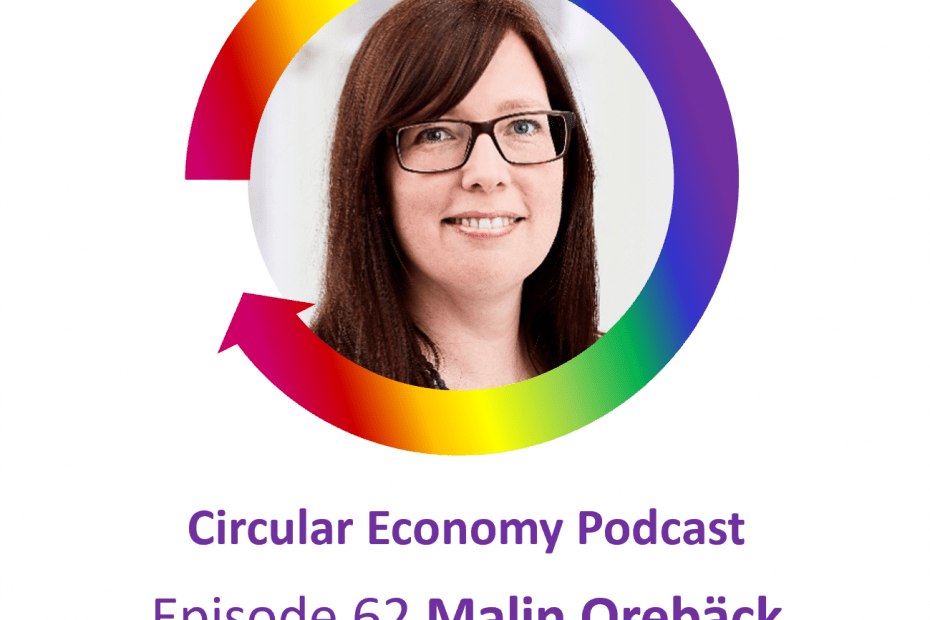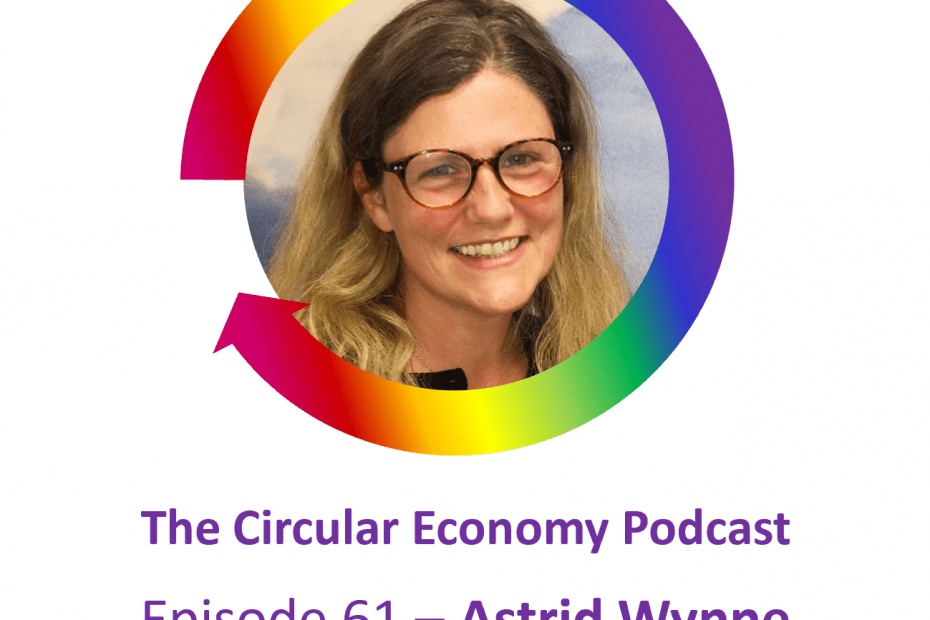Episode 70 – Customer Pain Points
Solving customer problems is at the heart of a successful product or service – but what if you’ve misunderstood your customer’s pain points?
Today’s episode is one of my regular round ups of the last 9 conversations, exploring the theme of customer Pain Points. We’ll look at this from the perspective of businesses, and citizens – you and me. Some of those pain points are being overlooked by companies – that could be because they have a one-size-fits-all approach that might create value for one customer group, but doesn’t deliver, or may actually destroy value for another group.
New pain points are cropping up too – knowing that our choices aren’t contributing to a fairer, healthier and more sustainable world is bothering more and more of us.
